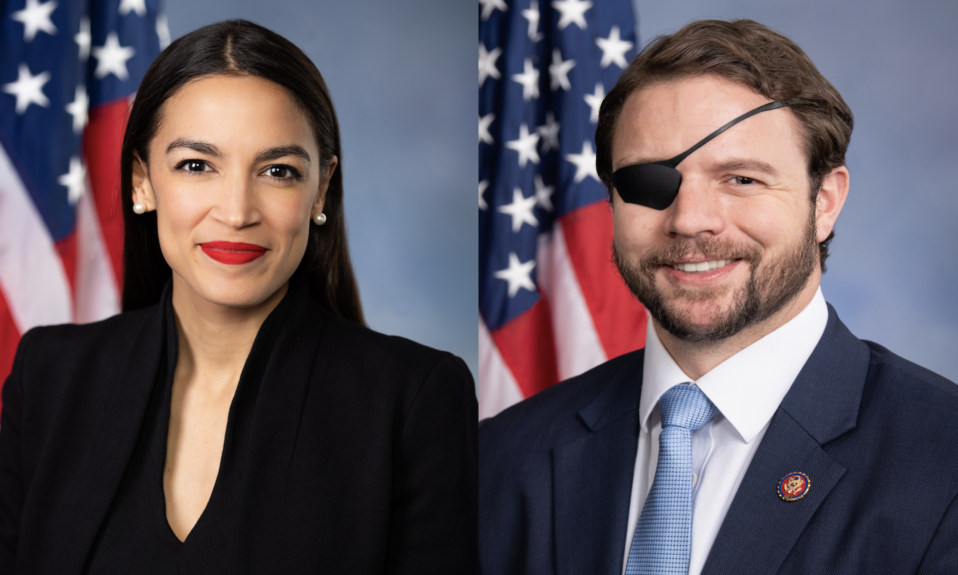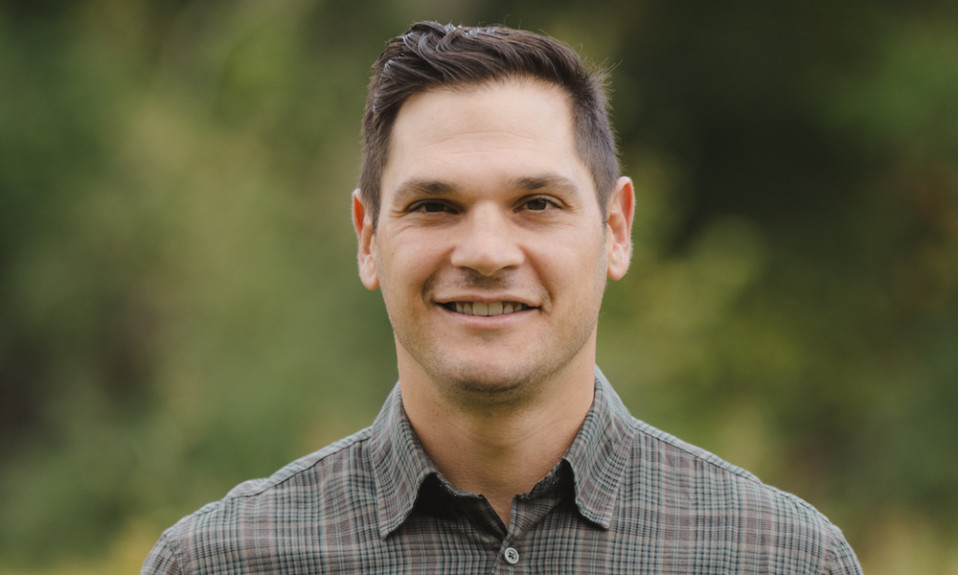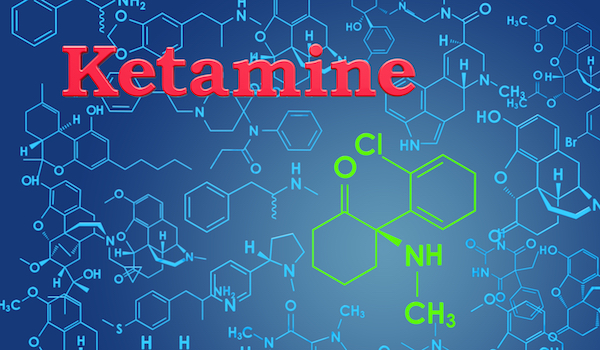Plus: A call for tighter regulation of the cannabis industry, projected growth of the addiction treatment field, and more news
By Mark Mravic
New & Next: Policy
Defense Department Bill Includes Two Amendments Supporting Psychedelic Therapies
Advocates for expanding research into novel mental health and addiction therapies have come to realize that touting the help such treatment could bring to suffering soldiers and veterans is a promising road forward. Case in point: A pair of amendments to the 2023 National Defense Authorization Act (NDAA), the annual legislation that funds the armed services, would authorize the Pentagon to conduct new research into psychedelic therapies for non-opioid pain management and post-traumatic stress disorder (PTSD). What’s more, the two amendments were sponsored, respectively, by progressive Democrat Alexandria Ocasio-Cortez (N.Y.) and hard-right Republican Dan Crenshaw (Texas), signaling support across the political spectrum for such therapies.
Ocasio-Cortez’s amendment adds MDMA and psilocybin to the list of substances authorized for a study on alternatives to prescription opioids for members of the armed forces. Crenshaw’s amendment creates a Pentagon grant program for research and clinical trials into psychedelics as treatment for active service members with PTSD. The NDAA, as adopted by the House of Representatives, also includes authorization for research into the use of cannabis as an alternative to opioids for pain relief.
The bill now will be considered by the Senate, where it’s unclear whether the proposals have the necessary backing to make it into the final legislation. But the bipartisan support from the furthest sides of the aisle in the House gives advocates of psychedelic therapies reason for optimism. “If AOC and Crenshaw can agree,” Jonathan Lubecky, veterans and governmental affairs liaison for the Multidisciplinary Association for Psychedelic Studies, told The Intercept, “it’s hard to fight against it.”
USC Study Finds Current Cannabis Regulations Inadequate
The expansion of legalized marijuana in the U.S. has not been accompanied by regulations strong enough to protect public health, according to a new white paper from the University of Southern California’s Schaeffer Center for Health Policy & Economics.
State-level cannabis policies for the most part fail to set sufficient limits on quantity and potency, the paper argues, leaving populations vulnerable to adverse health impacts and addiction. “Allowing the industry to self-regulate in the U.S. has generated products that are more potent and diverse than in other countries,” said Rosalie Liccardo Pacula, PhD, a senior fellow at the Schaeffer Center and professor of health policy, economics and law at USC. “Current state regulations and public advisories are inadequate for protecting vulnerable populations who are more susceptible to addiction and other harm.”
“Now is when the federal government has the best chance of ensuring a [cannabis] market that fully considers public health.”
—Rosalie Liccardo Pacula, University of Southern California
The paper notes that federal legalization, which appears to be on the horizon, offers an opportunity to address the inadequacies and discrepancies in state laws, by creating uniform standards with public health in mind. It points to four policy areas to promote responsible use:
- Placing limits on the amount of THC in legal products sold: Setting clear and moderate caps on flower, concentrates and extracts
- Instituting potency-based sales limits: Restricting the amount of cannabis that a retailer can sell to an individual in a single transaction or over a period of time, based on the THC amount in the product
- Designing a tax structure based on the potency of products: Taxing cannabis in a manner similar to alcohol, based on intoxicating potential rather than by container weight or retail price
- Implementing seed-to-sale data-tracking systems: Allowing regulatory agencies to view every gram of legal cannabis that is cultivated and watch it as it migrates throughout the supply chain, including the comprehensive monitoring of ingredients added to products that are eventually purchased in stores
The paper calls for cannabis policies that put public health on an equal footing with generating tax revenues and reversing the damages of prohibition. “Federal legalization is an opportunity to implement regulations that better protect consumers and promote reasonable use,” the paper notes. Adds Pacula, “Now is when the federal government has the best chance of ensuring a market that fully considers public health.”
New & Next: Industry
The Addiction Treatment Market Will Grow Substantially Through 2031
Increased awareness of the harms of substance misuse, the launch of innovative programs in response and the continued growth in recovery facilities will help drive significant worldwide growth in the market for addiction treatment, according to a forecast by Transparency Market Research, Inc. The organization projects the market, now valued globally at $10.2 billion, to experience a compound annual growth rate (CAGR) of 8.5% over the next decade, surpassing $23.1 billion in value by 2031. The North American market, which leads the world in substance use treatment, is forecast to grow at an even faster 9.2% CAGR. Due in part to “increases in government measures targeted at preventing drug misuse,” the report says, the U.S. is projected to lead the North American market.
New & Next: Nonprofits
A Call for Naloxone Education in the Workplace
As the opioid epidemic has spread, so too have harm reduction efforts, especially the expansion of naloxone, the overdose-reversal drug. Now the Hyer Calling Foundation, a Philadelphia-based non-profit that combats the stigma of substance use disorder in the workplace and educates employers on the proper use of naloxone, has announced a nationwide initiative challenging employers to train their staff to recognize the signs of an opioid overdose and administer the reversal drug.
“The foundation is proud to take the lead on helping to educate organizations about the importance of knowing how to use this lifesaving product,” says founder and CEO Eric Hyer, himself in recovery. “Whether it’s our team who trains the workforce or another vendor [who] steps up, it’s just the right thing to do.”
In addition to its naloxone efforts, Hyer Calling works to provide no-cost career counseling and other employment services to people in recovery and to encourage businesses to hire people in recovery.














